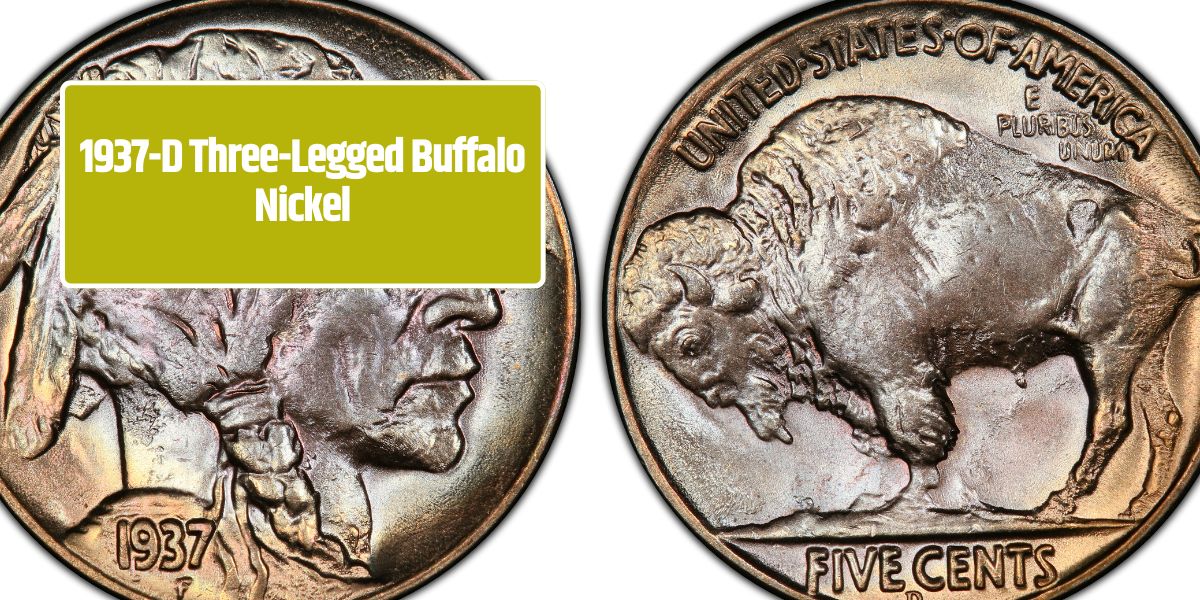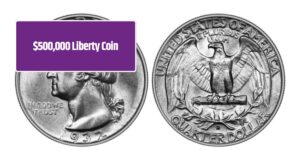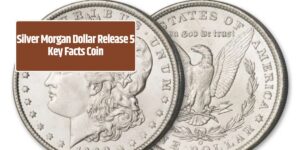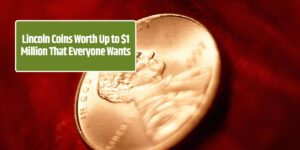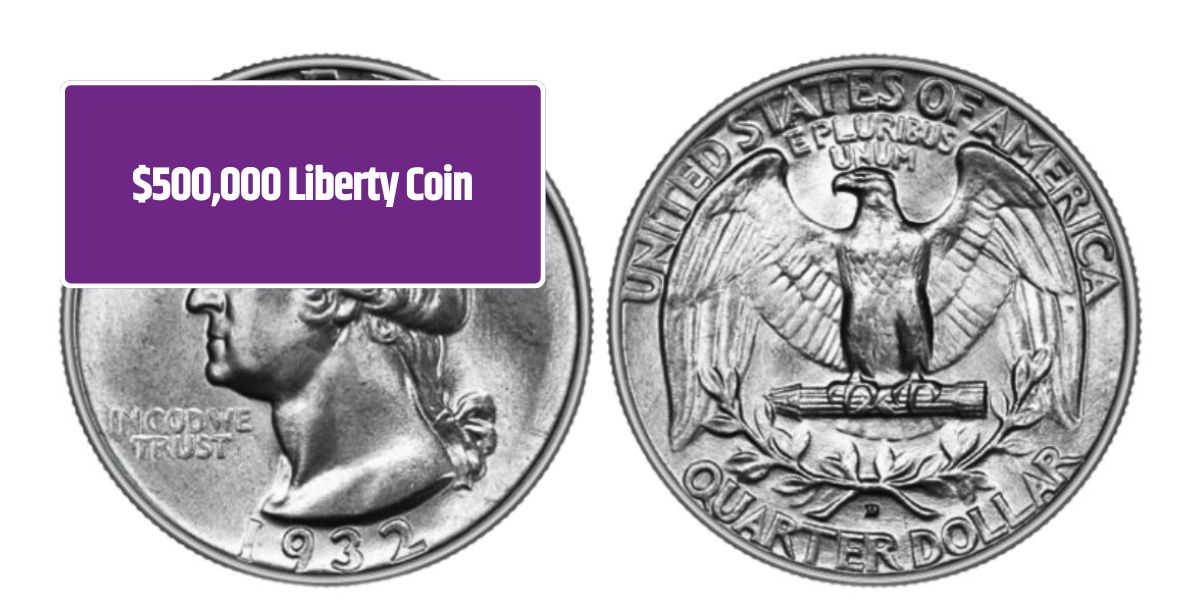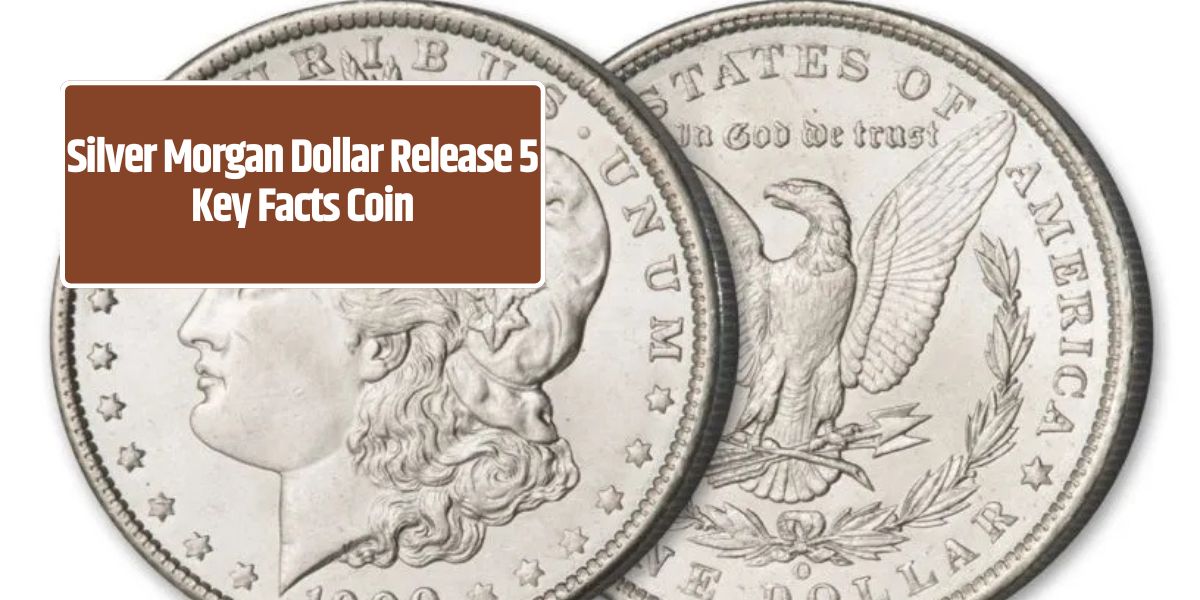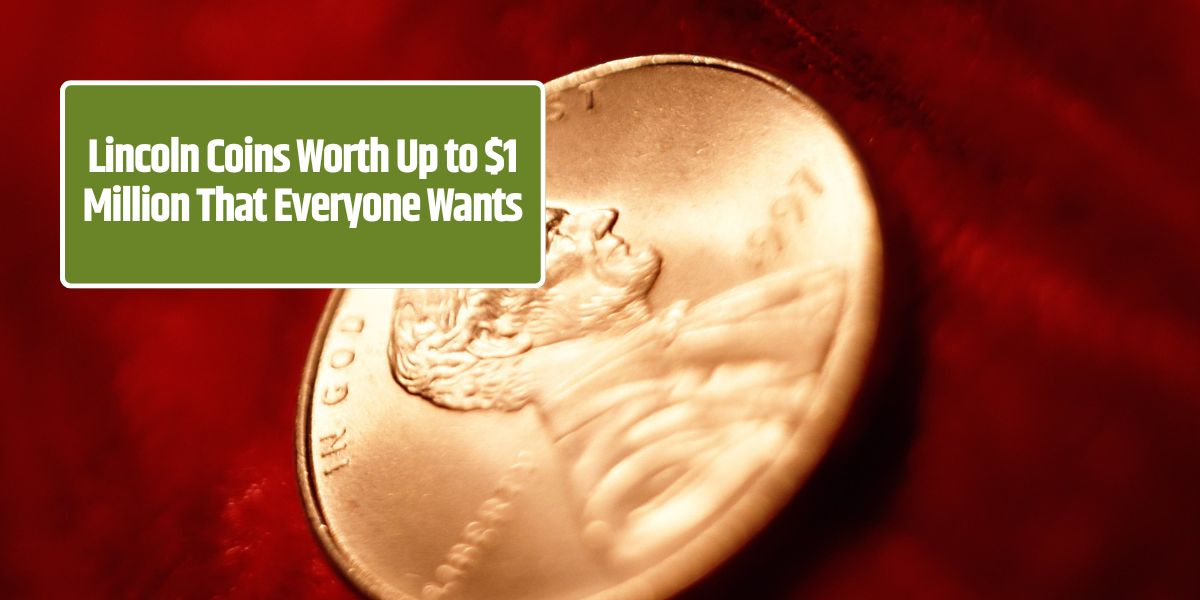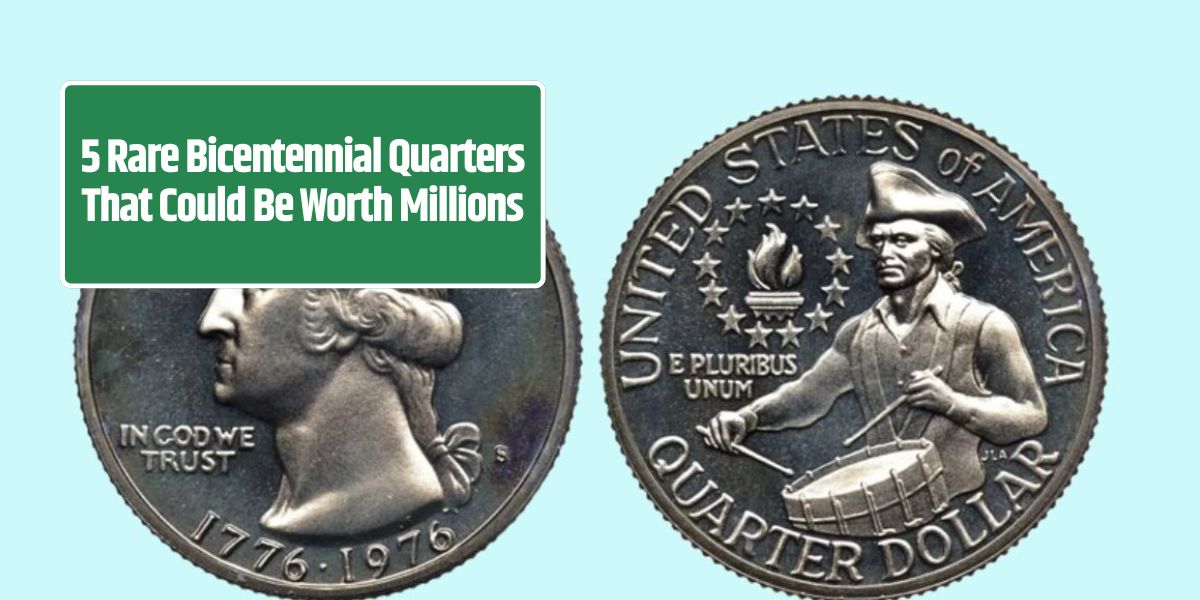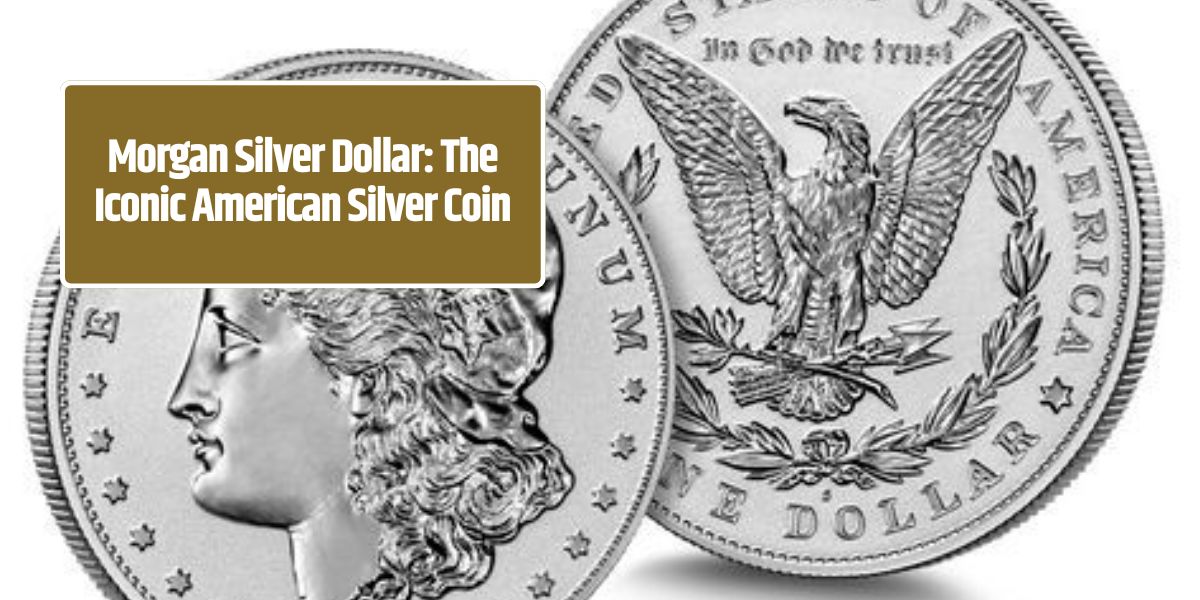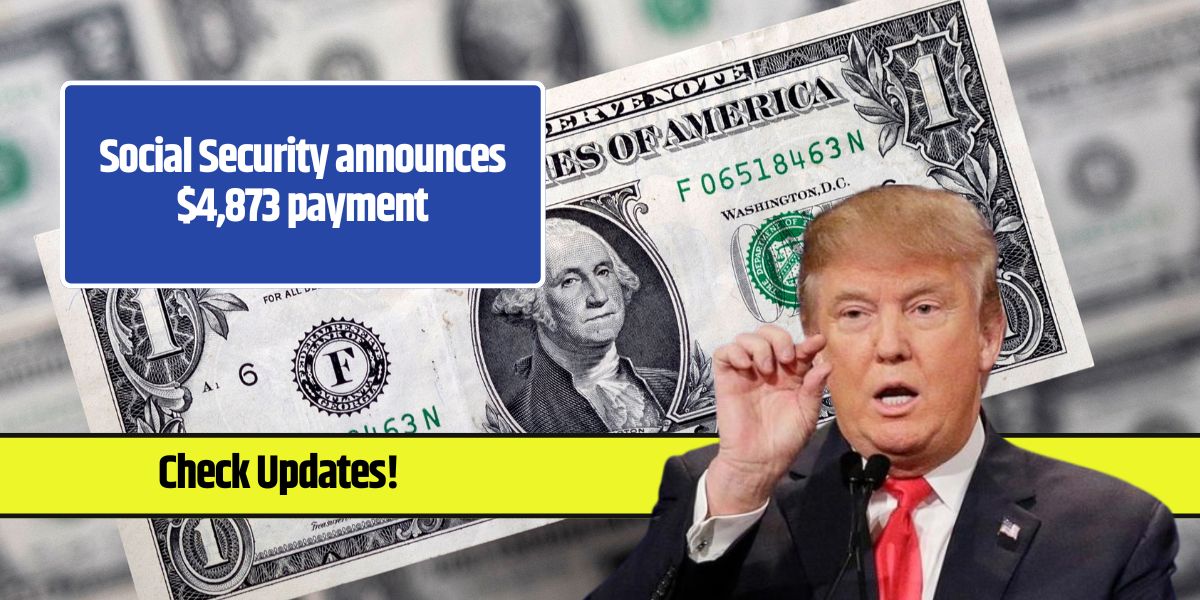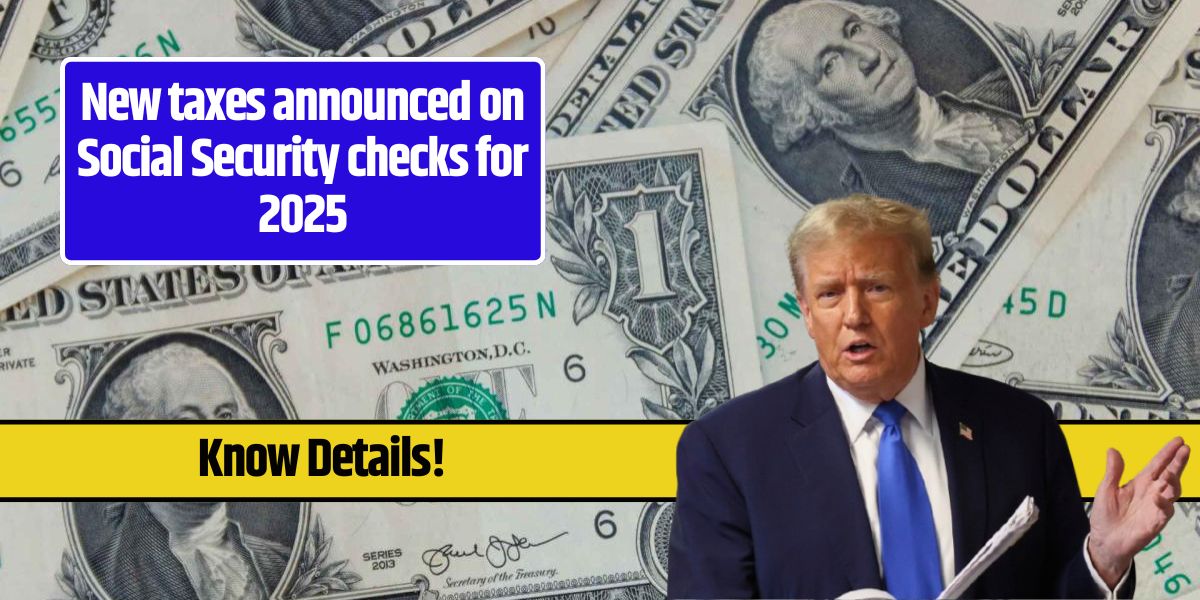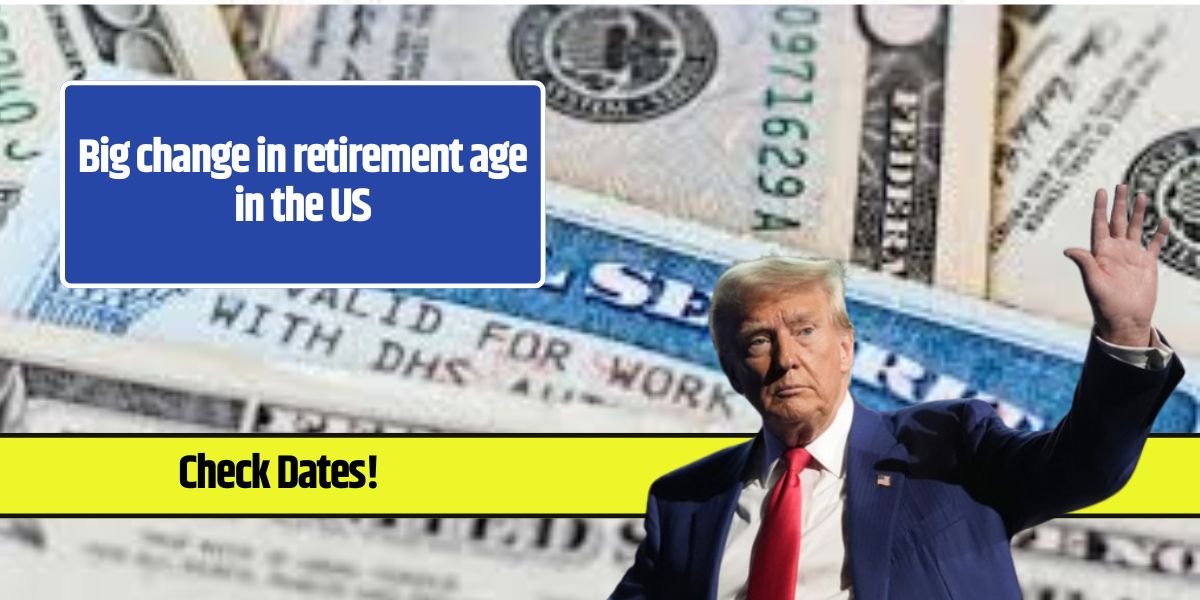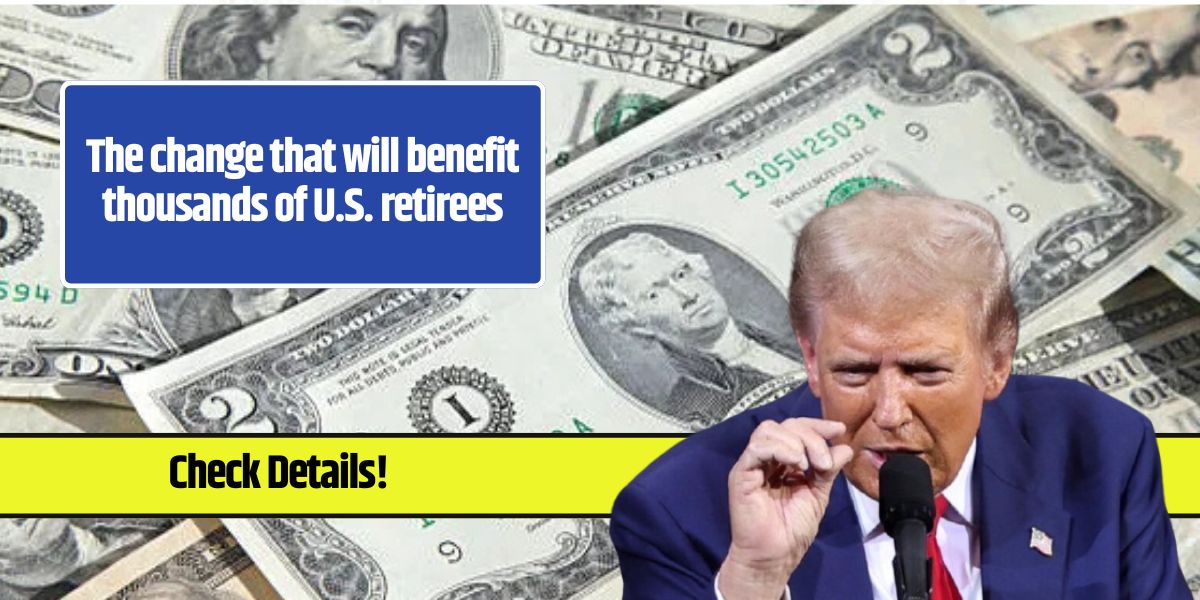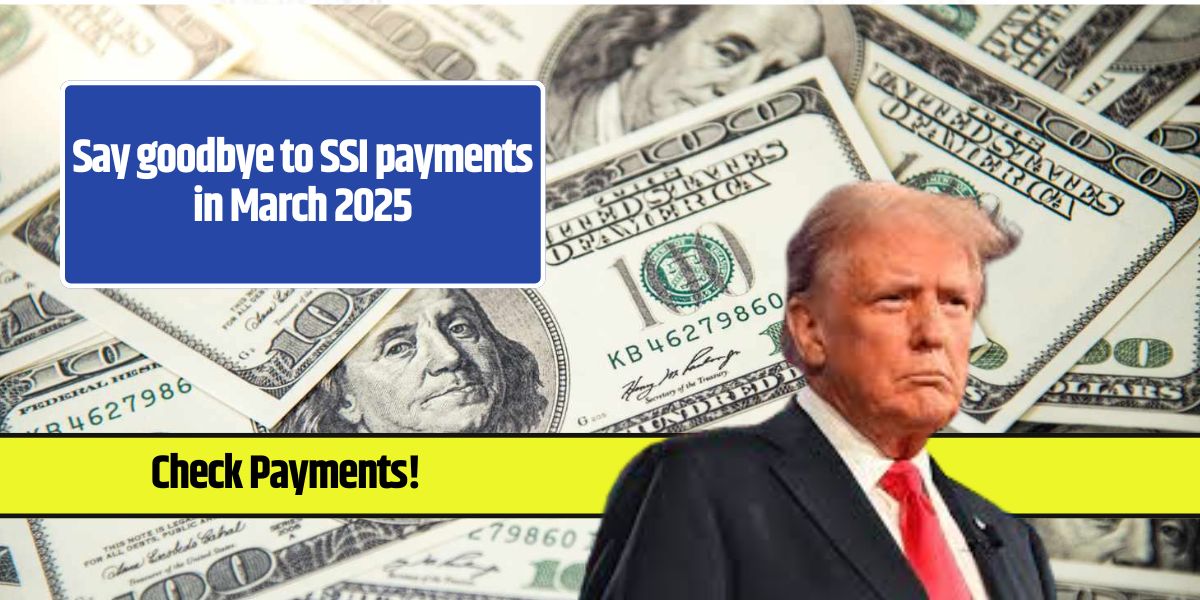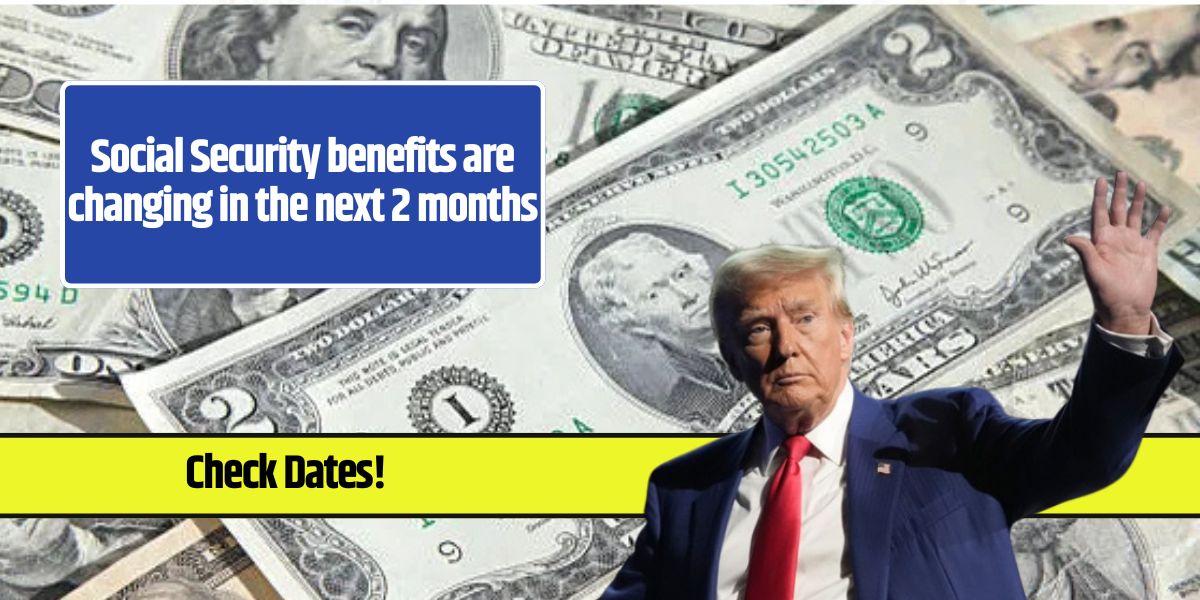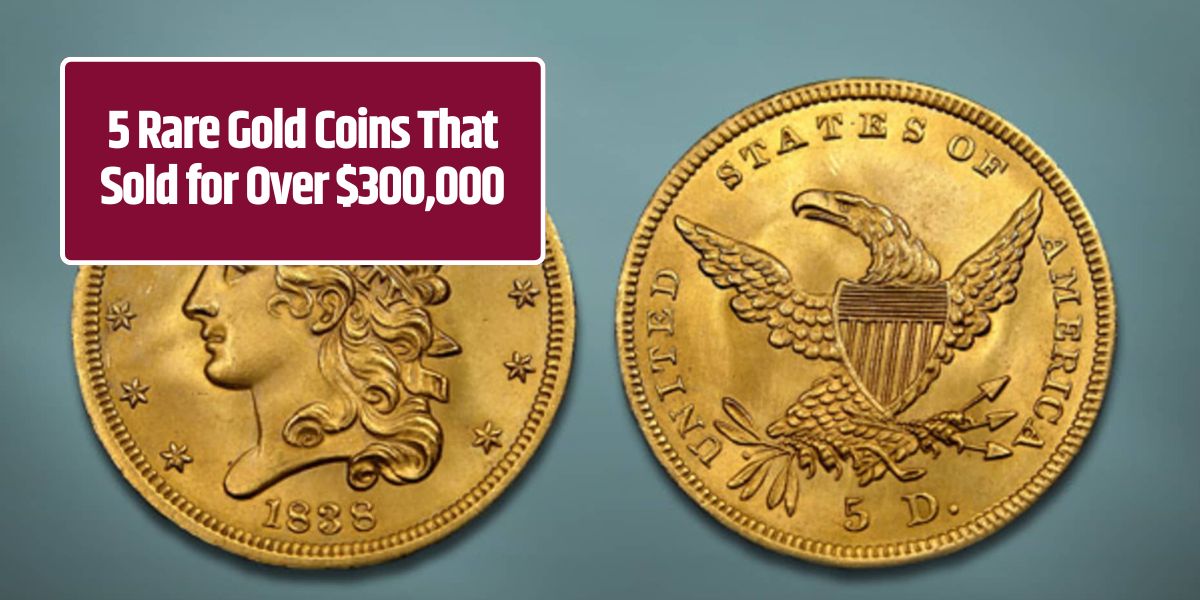One of the most fascinating error coins in U.S. numismatic history, the 1937-D Three-Legged Buffalo Nickel is a prized piece among collectors and investors. Its unique design flaw and limited mintage have made it one of the most sought-after coins in American coin collecting.
Origins of the 1937-D Three-Legged Buffalo Nickel
The 1937-D Three-Legged Buffalo Nickel originated from the Denver Mint, where it was produced as part of the iconic Buffalo Nickel series, also known as the Indian Head Nickel. This coin series, designed by sculptor James Earle Fraser, was minted from 1913 to 1938 and features a Native American profile on the obverse and an American bison on the reverse.
While many Buffalo Nickels are collectible, the 1937-D stands out due to a rare and unusual error on the buffalo’s front leg, earning it the moniker of the “Three-Legged Buffalo Nickel.” This error is attributed to excessive die polishing, which resulted in the partial removal of the buffalo’s right front leg, leaving only three visible legs. The unique appearance of this mistake makes the 1937-D Buffalo Nickel a visually distinct and highly valuable collector’s item.
How the Three-Legged Error Occurred
The three-legged error is believed to have resulted from over-polishing the die at the Denver Mint in 1937. Mint workers used polishing techniques to remove die clash marks or other imperfections; however, in this case, the process was so extensive that the buffalo’s front right leg was nearly erased. Since the error was not caught immediately, a limited number of these coins entered circulation, allowing collectors to spot this unusual variant and cement its status as one of the most iconic error coins in U.S. minting history.
Value and Appeal of the 1937-D Three-Legged Buffalo Nickel
The 1937-D Three-Legged Buffalo Nickel’s value varies significantly based on its condition. While a coin in lower grades can be worth several hundred dollars, those in higher grades with minimal wear have fetched prices upwards of $3,000. The coin’s rarity, coupled with the clear visibility of the three-legged error, increases its desirability, with higher-grade specimens being especially valuable to dedicated collectors and numismatists.
| Coin Name | Year Issued | Mint Mark | Error Type | Value Range ($) |
|---|---|---|---|---|
| 1937-D Three-Legged Buffalo Nickel | 1937 | D | Missing Leg | Up to $3,000+ |
| 1955 Double Die Penny | 1955 | None | Double Die | Up to $1,500+ |
| 1943 Copper Penny | 1943 | None | Incorrect Metal | Up to $100,000+ |
| 1922 Plain “No D” Penny | 1922 | None | Missing Mint Mark | Up to $10,000 |
Where to Find the 1937-D Three-Legged Buffalo Nickel
Collectors can find the 1937-D Three-Legged Buffalo Nickel through various venues, including coin shows, auction sites, and reputable specialty coin dealers. However, the popularity of this coin has led to numerous counterfeit versions in circulation, making authentication crucial. To ensure authenticity, collectors are advised to purchase only from trustworthy sources and consider third-party grading services like the Professional Coin Grading Service (PCGS) or the Numismatic Guaranty Corporation (NGC), which can confirm the coin’s legitimacy.
A Historical Gem in Coin Collecting
The 1937-D Three-Legged Buffalo Nickel is a reminder of how a simple minting error can elevate a standard coin into a valuable collectible with historical significance. For those who are fortunate enough to acquire this coin in excellent condition, it represents not only a rare minting error but also a key piece of U.S. numismatic history.
Why does the 1937-D Three-Legged Buffalo Nickel only have three legs?
The three-legged appearance resulted from excessive die polishing at the Denver Mint, which erased most of the buffalo’s front right leg.
How can I tell if my 1937-D Buffalo Nickel is authentic?
Authentication services like PCGS or NGC can verify the coin’s authenticity. Consulting a reputable dealer or grading service is essential, as counterfeit versions are common.
How much is a 1937-D Three-Legged Buffalo Nickel worth?
Its value varies based on condition, ranging from several hundred dollars for worn coins to over $3,000 for high-grade specimens.

